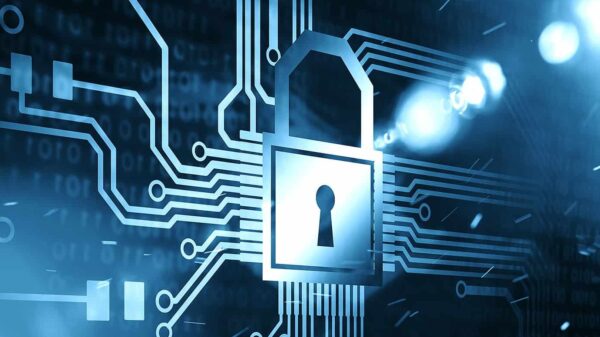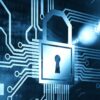As technology has evolved over the years, our need to protect ourselves against forgery and identity theft has become greater. In June 2012, the Attorney General’s Department of Australia released a statement concerning the prevalence of identity theft. The study surveyed 1,202 people with 24% of them reporting that identity theft had happened to them personally or to someone they knew. In 2011, this number was only 17%.
Because so much about our lives is available on social-networking sites and cloud services, the risk of identity theft is higher than ever before. Here are several ways to protect your identity and avoid the personal and financial problems related to identity fraud.
Password Security and Security Questions
For starters, use a different password for everything. Unfortunately, nearly everything online is protected by a password, and keeping all your passwords straight can prove to be quite difficult. Often, people reuse the same password over and over in an effort to remember the handful of passwords they use on any given day. However, if anyone ever figured out your single password, they would have the ability to access every one of your accounts and wreak havoc quickly.
In addition to carefully selected passwords, be careful about the way you answer any security questions that validate who you are. Avoid answering any security questions directly. It’s not too difficult for someone to figure out what elementary school you went to or who your best childhood friend was.
The following ideas will help you create a stronger password:
-
Use upper and lowercase letters
-
Place numbers randomly or use numbers to replace letters
-
Mash multiple words together
-
Deliberately misspell words
-
Change your passwords periodically
Another measure of protection is to turn on two-step authentication whenever possible. With two-step authentication, a numeric code is automatically kicked out to your cellphone via text whenever you sign into the account. This numeric code must also be entered to access your account.
Eliminating Forgery
One technology that has helped businesses reduce forgery is the use of electronic and digital signatures. These types of signatures increase the validity of any signed document by confirming both the identity of each person who signed the document and confirming the documents integrity pre and post signature.
Both an electronic and digital signature has the same legal binding qualities as a handwritten signature. In June, 2000, the ESIGN (Electronic Signatures in Global and National Commerce Act) was approved allowing the use of electronic records and signatures for interstate and foreign commerce.
Today, electronic and digital signature programs are available for any business wanting to increase both efficiency and security. Digital signatures increase the authenticity of signed documents as well as the speed at which signatures are obtained by:
-
Eliminating the need for fax machines or mailing original documents to obtain live signatures
-
Sending the same document to several people for review at the same time
-
Validating all signatures and confirming the identity of each signatory
-
Validating a document’s integrity by safely protecting and archiving all current and previously signed documents
Electronic signatures have been helpful in HR departments in speeding up processes of benefit changes, time-sheets, training acknowledgments, performance reviews and insurance claims, and sales teams have found electronic signatures to be useful for sales proposals and contracts with clients.
With the continuous rise in identity theft, it is important that you take the steps necessary to protect your identity and avoid any personal and financial problems that are sure to follow with it.
About the Author: Rick Delgado is a freelance writer and self-proclaimed nerd who is an expert in technology and software development. He enjoys keeping up with the latest tech innovations and writing about them.

2 Comments
Leave a Reply
Cancel reply
Leave a Reply
This site uses Akismet to reduce spam. Learn how your comment data is processed.

























































































































































































Jack
October 19, 2013 at 9:47 am
Hi Rick, I believe in a world like ours we need to be extremely careful about our identities, be it in the real world we live in or the virtual world we have created for ourselves. And yes I would agree to the point of keeping different passwords for different logins, its safe.
Jane
October 21, 2013 at 12:59 pm
The more online and internet dependent we become, the chances of exposing our identity increases at all levels. Right from protecting our documents, files etc. to protecting our online accounts and their credentials are becoming a challenge!
The concept of digital signatures is a boon to this challenge. Thanks for sharing this Rick!